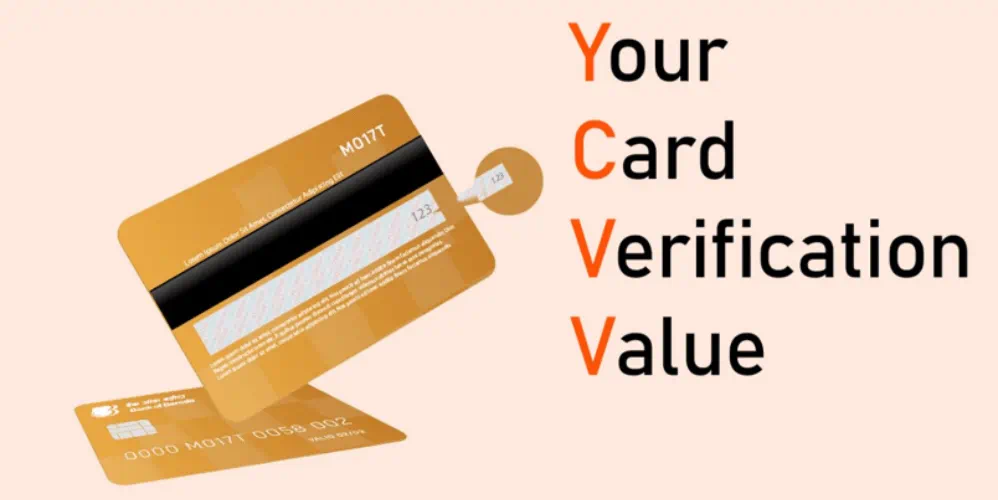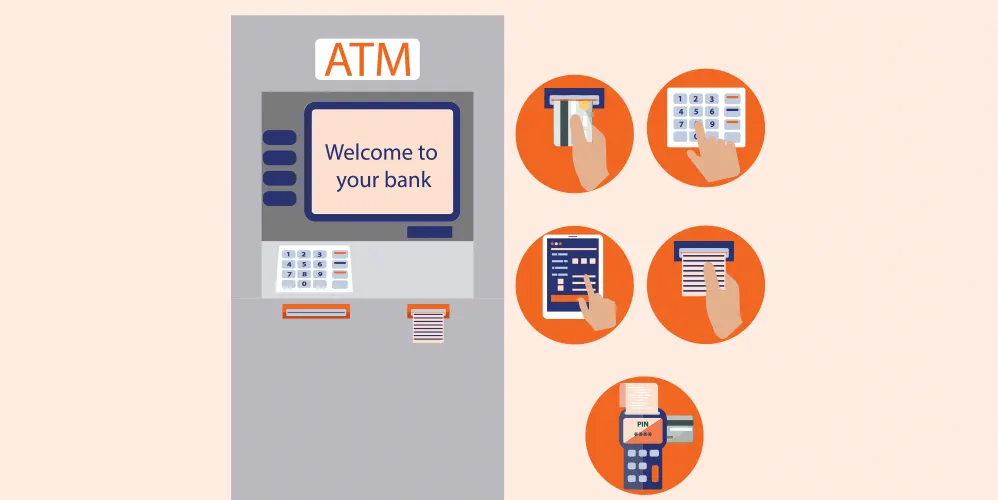
आवर्ती जमा में निवेश की विशेषताएं और लाभ
21 मार्च 2023

Table of Content
The best way to grow your corpus and begin investing is to put money into an investment regularly. Investments that call for regular installments not only help to build up savings, but they also enforce discipline among the investors. One of the most popular investments that meets the description above is a recurring deposit or RD. Read this handy guide to know what are the features and advantages of RD account.
Features of Recurring Deposit Account
- A recurring deposit account can be opened for as less as Rs. 100 depending on the bank.
- The installment in most recurring deposit accounts is fixed and has to be deposited on the same day every month. Some schemes allow quarterly or half yearly installments.
- All the recurring deposit installments mature on the same day.
- The tenure for a recurring deposit is flexible and depends on the depositor. Banks may have a minimum tenure for an RD, but the ultimate tenure fixed depends on the depositor and his need for funds.
- The rate of interest for recurring deposits is around the same rate as a fixed deposit account.
- No tax is deducted on the interest earned on a recurring deposit account if the amount of interest does not exceed Rs. 10,000. A depositor can submit Form 15G/15H for exemption from tax deduction. Form 15G/15H states that the depositor’s income is below the no tax limit and the bank should not deduct tax on the interest earned.
- The depositor can avail a loan against the recurring deposit up to 95% of the recurring deposit amount.
- The interest earned on a recurring deposit amount is added to the taxable income of the depositor.
Benefits of Recurring Deposit Account
A recurring deposit account is an excellent investment option, especially for those who may not have a large amount to invest. There are several benefits of investing into a recurring deposit account which are as follows:
- Goal based saving: One of the best advantages of a recurring deposit is that it can be used as a tool for goal-based savings. Using a recurring deposit calculator , you can find out exactly what the total maturity amount is. This is especially useful for short term fund requirements, such as education expenses or saving for a wedding or travel expenses. A recurring deposit can help you grow your savings in a very systematic manner.
- Loan against RD: While it is not allowed to withdraw funds from a recurring deposit before maturity, it is possible to take a loan against the balance in a recurring deposit. Most banks give out loans against 90% of the recurring deposit balance.
- Saving for Minors: Banks allow parents and legal guardians to open a recurring deposit account for minors. This can be used as an effective way to save for the child’s education expenses. The recurring deposit can mature just before the child’s school year is set to begin, thus meeting the need for school fees.
- Tax break for senior citizens: Under Section 80TTB of the Income Tax Act, senior citizens get a deduction of Rs. 50,000 for interest earned. This includes interest on fixed deposit, recurring deposit, savings account and any other type of interest. This makes a recurring deposit account that much more attractive to invest in since the interest will get a deduction.
- TDS relief: Banks do not deduct tax on recurring deposit interest unless the total interest on all deposits crosses Rs. 10,000 in a particular financial year. However, by submitting Form 15G/15H, a depositor can get relief from TDS provisions.
Conclusion
We understood what the features and benefits of investing in recurring deposit are. With this information, you can decide whether a recurring deposit is the right investment for you.
Popular Articles
Related Articles



What is CVV on a Debit Card? Understanding Its Importance and Security Features


How to Update Your FASTag KYC: Step-by-Step Guide for Online & Offline Methods




The Importance of Pension Funds: Secure Your Future with Steady Retirement Income

-
डिस्क्लेमर
इस लेख/इन्फोग्राफिक/चित्र/वीडियो की सामग्री का उद्देश्य केवल सूचना से है और जरूरी नहीं कि यह बैंक ऑफ बड़ौदा के विचारों को प्रतिबिंबित करे। सामग्री प्रकृति में सामान्य हैं और यह केवल सूचना मात्र है। यह आपकी विशेष परिस्थितियों में विशिष्ट सलाह का विकल्प नहीं होगा । बैंक ऑफ बड़ौदा और/या इसके सहयोगी और इसकी सहायक कंपनियां सटीकता के संबंध में कोई प्रतिनिधित्व नहीं करती हैं; यहां निहित या अन्यथा प्रदान की गई किसी भी जानकारी की पूर्णता या विश्वसनीयता और इसके द्वारा उसी के संबंध में किसी भी दायित्व को अस्वीकार करें। जानकारी अद्यतन, पूर्णता, संशोधन, सत्यापन और संशोधन के अधीन है और यह भौतिक रूप से बदल सकती है। इसकी सूचना किसी भी क्षेत्राधिकार में किसी भी व्यक्ति द्वारा वितरण या उपयोग के लिए अभिप्रेत नहीं है, जहां ऐसा वितरण या उपयोग कानून या विनियमन के विपरीत होगा या बैंक ऑफ बड़ौदा या उसके सहयोगियों को किसी भी लाइसेंसिंग या पंजीकरण आवश्यकताओं के अधीन करेगा । उल्लिखित सामग्री और सूचना के आधार पर किसी भी वित्तीय निर्णय लेने के लिए पाठक द्वारा किए गए किसी भी प्रत्यक्ष/अप्रत्यक्ष नुकसान या देयता के लिए बैंक ऑफ बड़ौदा जिम्मेदार नहीं होगा । कोई भी वित्तीय निर्णय लेने से पहले अपने वित्तीय सलाहकार से सलाह जरूर लें।
आवर्ती जमा खाता कैसे खोलें?
आरडी खाता क्या है यह बहुत स्पष्ट है लेकिन आवर्ती जमा खाता कैसे खोलें? आरडी खाता खोलने के लिए, निवेशक को निकटतम बैंक या डाकघर में जाना होगा और आवेदन पत्र भरना होगा। कुछ आधारभूत दस्तावेज उपलब्ध कराने होंगे जैसे पहचान संबंधी दस्तावेज, पता प्रमाण, बैंक विवरण आदि।
विभिन्न प्रकार के आवर्ती जमा
आवर्ती जमा (आरडी) नियमित बचत शुरू करने का एक आसान और सुविधाजनक तरीका है। इसमें हर महीने तय रकम जमा की जाती है और पूर्व निर्धारित दर पर ब्याज मिलता है। आरडी किसी भी बैंक, डाकघर या एनबीएफसी के साथ किसी भी व्यक्ति, एक वरिष्ठ नागरिक, एक अभिभावक के साथ 10 वर्ष से ऊपर के नाबालिग, साझेदारी फर्मों, क्लबों, संघों और एनआरआई द्वारा खोला जा सकता है। ब्याज की दर वित्तीय संस्थानों में भिन्न होती है और इसका कार्यकाल 6 महीने से 10 वर्षों तक का होता है।

